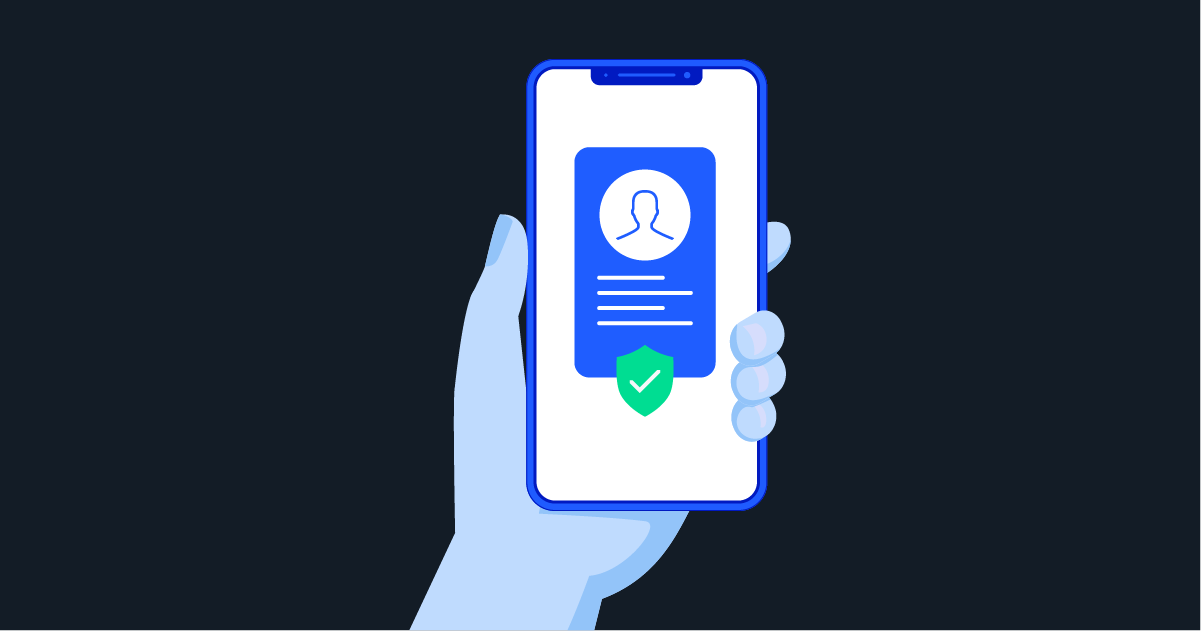
Coupon and promo codes have been a tried and true method of attracting new business. While customer acquisition is always a good thing, businesses should be on the lookout for users attempting to exploit these efforts for their own fraudulent gains. In an ideal world, the coupon or promo code entices new users to sign up to try your service for free or at a discount, then become loyal, paying customers. Unfortunately, some users do find loopholes and take advantage of promotions. Without safeguards in place, there is nothing stopping users from repetitively violating terms of service and abusing the offers. This results in significant revenue loss and an increase in operational costs to respond to the fraud.
Table of Contents
Why promo code abuse fraud is more harmful than you think
Most people think that promo code abuse fraud is a victimless crime. However, this type of fraud can be very harmful to businesses.
When people use promo codes fraudulently, it can cause businesses to lose money. This is because businesses may give out discounts or free items based on the promo codes. If people use these codes without actually qualifying for the discounts, the businesses can lose out on potential profits.
In addition, promo code abuse can also lead to businesses having to raise prices to make up for the lost revenue. This can be harmful to consumers, as it can lead to higher prices for goods and services.
Finally, promo code abuse can also lead to businesses having to lay off employees. This is because businesses may need to cut costs in order to make up for the lost revenue.
Before prevention can begin, it’s important to establish where the abuse starts and the type of abuse involved. Let’s use the ridesharing & taxi apps industry as an example. To attract new customers, ridesharing services and taxi apps often use promo codes to incentivize people to join their service or download their apps. These incentives are designed to be a one-time-deal. However, it is moderately easy to find loopholes and get free rides. In fact, there are numerous websites, businesses and blogs dedicated to showing users how to work the system. This results in losses from multiple sources, including:
- Free or discounted rides users Car services and their drivers lose revenue in two ways:
- Direct Revenue – Neither the company nor the driver are collecting the full fare for rides
- Opportunity Costs – If drivers are busy with coupon abusers, users willing to pay full price can’t get rides
- Referral fees When refer-a-friend codes are provided to current customers, that customer also receives an incentive, such as free or discounted rides. If no limit is placed on the number of “friends” that can use the code, current customers can post those codes on social media, websites, and blogs, encouraging strangers to use their codes.
- Affiliate payouts Affiliates receive a commission when new customers download the taxi app and/or apply the coupon code to register for their first ride. Black hat affiliates using unscrupulous tactics can earn thousands of dollars in commissions by allowing fake users into the car service’s ecosystem.
How can merchants prevent promo abuse fraud?
There are several mechanisms to stop promo code fraud before your business falls victim to scams and misuse. Some recommendations include:
- Use coupon codes strategically
- Create codes that expire quickly
- Create geo-targeted codes by state, region or country, offering different discounts in different areas, then track where they are being used.
- Look at the methods used to distribute coupons.
Do the terms and conditions for each distribution method address coupon code abuse? For example, does the T&C for affiliates address the way affiliates can promote your brand, the coupon codes that are commissionable, and penalties for affiliates that are out of compliance?
- Investigate coupon code websites to see if they are publishing codes distributed through another channel, like emails to current users.
- Review tracking data on each code to analyze performance.
Are there any red flags? For example, if codes are being given to current users for referrals, do certain users have too many friends to be legitimate?
Stop Coupon Abusers During the Registration Process
Typically, a bad actor attempting to take advantage of a coupon or promo code will create a new account each time they want to benefit from the discount or freebie offered. They do this through the use of easy-to-obtain email addresses and/or non-fixed VOIP, pagers, and prepaid mobile phone numbers that are then used to create multiple fake accounts with the same service.

With websites that sell online phone numbers and others that offer the ability to receive SMS, it’s relatively simple to get around typical registration processes in order to abuse coupons or promos. Establishing a phone verification process at new account registration (or app download) can prevent the creation of fake accounts. Phone verification requires that a user provide a valid phone number (harder for a fraudster to obtain than an email address), which is then verified and attached to their unique account. Each unique user account has one unique phone number affiliated with it. Anyone trying to create a new account with that same phone number could be blocked. Telesign offers phone verification through SMS and voice one-time-passcodes and frictionless device signaling. Asking users to provide a phone number also enables ridesharing services & taxi apps to take even more aggressive preventative measures in order to stop fraud.
With the Telesign Intelligence API, businesses can quickly identify fraudulent users by obtaining real-time security intelligence, data and analytics on the phone numbers provided. Intelligence delivers a reputation score based on phone number data (including phone type, phone registration location, carrier, SIM swap status, call forwarding status, intelligence, velocity, traffic patterns and reported fraud) and from that information recommends whether to block, flag, or allow account creation. Intelligence gives all businesses that offer coupon and promo codes the ability to better identify potential scammers based on the phone number provided. Is it a number that has been linked to fraud in the past? Is the phone type suspicious?
Has the same number been used repeatedly in a short period of time? Intelligence, combined with phone verification, can provide the answers that help prevent fraud. Attracting new customers is the key to the success of your business. Be proactive to avoid coupon code misuse before you’re taken for a ride by abusers. (This post first appeared on CBS Small Business Pulse.)“


